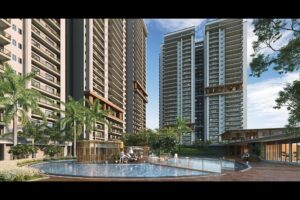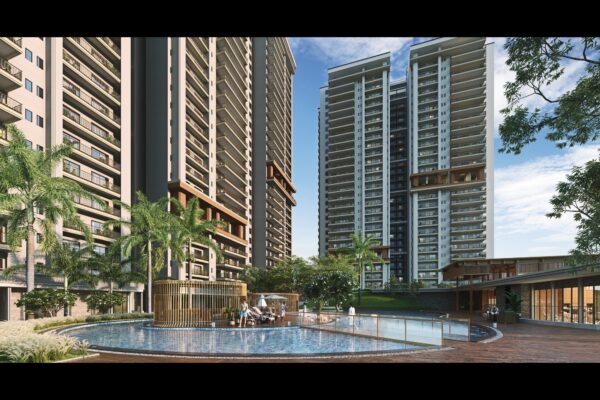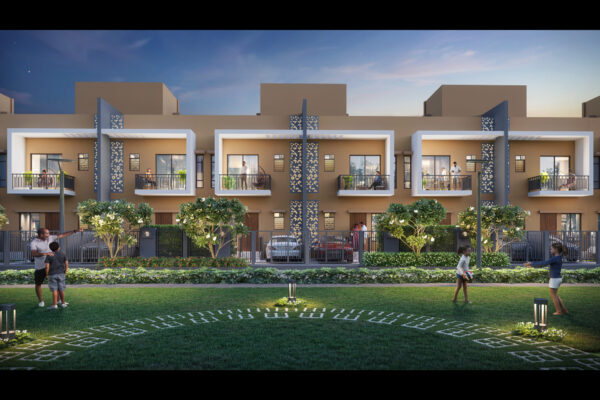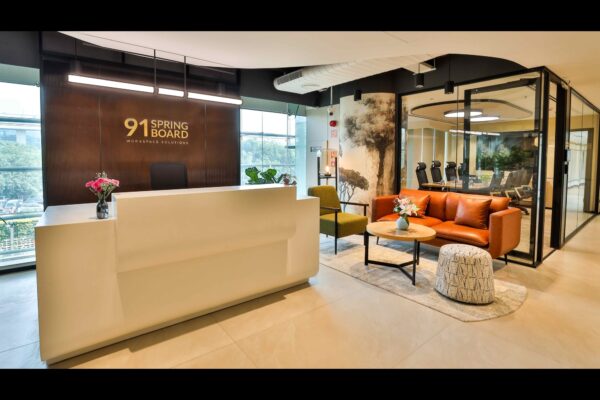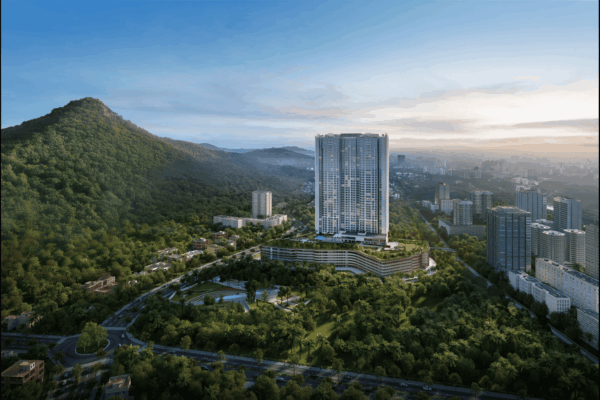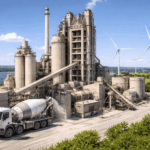Going Community Centric: BDA’s approach to building inclusive neighborhoods
Dr. Mahendra Reddy, Partner, Reliaable Developers
The most traditional view of urban development has always focused on the aesthetics of the infrastructure; more so, it has always focused on the urban population and their comfort. This shift is focused on taking into consideration the point-of-view of the residents in the whole planning and decision-making process. The authority is dedicated to developing neighborhoods that foster a feeling of shared identity, community, and belonging in addition to providing for the physical necessities of the inhabitants.
In an attempt to shift from this perspective, the Bangalore Development Authority is adopting a community-centric approach to build more inclusive neighborhoods. These initiatives are an endeavor to spearhead community-based inclusivity. Developed in 1976, it has always focused on primarily planning and developing better infrastructure for Bangalore. To date, there are up to 76,000 sites that focus on the construction of residential areas with 800 civic amenity sites.
It not only focuses on infrastructure but other looming concerns such as climate change and its impact on the people. For example, BDA has been working on creating better community development for climate change. Collaborations like Ellara Bengaluru work to provide solutions for lower-income populations to overcome challenges and better living conditions. These community-driven initiatives have been successful in tackling such challenges that come with these crises such as damage caused to houses because of extreme weather conditions, especially heavy rainfall that has been a factor influencing this.
A key element that plays an important role in their planning is to create neighborhoods that cater to the needs of every resident. These also include projects conducted in the last decade such as building affordable housing in the regions Byarathikane and Thanisandra. Here, the whole and sole allotment of housing would be in the hands of the BDA and they will be able to allot housing to customers who apply to their predetermined units.
This just does not mean better infrastructure but also different amenities such as better places that are accessible for the differently-abled. Since there have been countless challenges in creating disabled-friendly infrastructure, one of the motives is to ensure such holistic approaches that include every avenue.
They aim to create sustainable and well-planned development through innovative approaches for a better quality life of for the residents. The BDA focuses on planning meticulous designs for the city and creating regulatory measures to promote and handle urban growth and development. They also ensure that measures to look after planning, executing and developing such plans have effective control mechanisms that adhere to set guidelines. It’s also crucial to look after this mechanism which is why monitoring the development to keep it on track is important to facilitate better amenities for an inclusive neighborhood.
With environmental awareness on the rise, the BDA is emphasizing sustainable urban development. The authority's dedication to developing ecologically friendly neighborhoods includes using green building techniques, energy-efficient infrastructure, and promoting public transit. This guarantees that Bangalore's natural resources won't be sacrificed in the process of its growth.
Additionally, the aim is also to promote economic growth. The physical infrastructure for economic empowerment within the neighborhood not only helps promote local businesses but aids in creating job opportunities. It helps strengthen the local economy and promote the area’s culture. With Bangalore's CAGR at 3.58%, the BDA aims to create robust institutional structures for comprehensive urban planning across sectors. Thus, the BDA aims to create better institutional structures for better urban planning in different sectors.
Their work is not just creating simple solutions because this is an arena that has diversity in its needs. It’s an overall approach towards sustainable living that offers continuity with transportation and vibrant amenities for its residents. This transformation would not be possible without the BDA limits, which are zones for planned development that encompass a range of residential, commercial, and mixed-use developments and alter the city's skyline and livability.
As the BDA implements its community-centric approach, Bangalore is witnessing the emergence of neighborhoods that are more than just collections of buildings; rather, these neighborhoods are vibrant communities. Residents of the city are proud and accountable since they are actively working to change their surroundings.
The BDA's innovative approach should serve as a model for other urban development agencies, as it illustrates that the creation of inclusive communities is not only feasible but essential for a city's long-term stability and advancement. As its expansion continues, Bangalore is well-positioned to become a global leader in community-centric urban planning, setting the bar for other cities.



